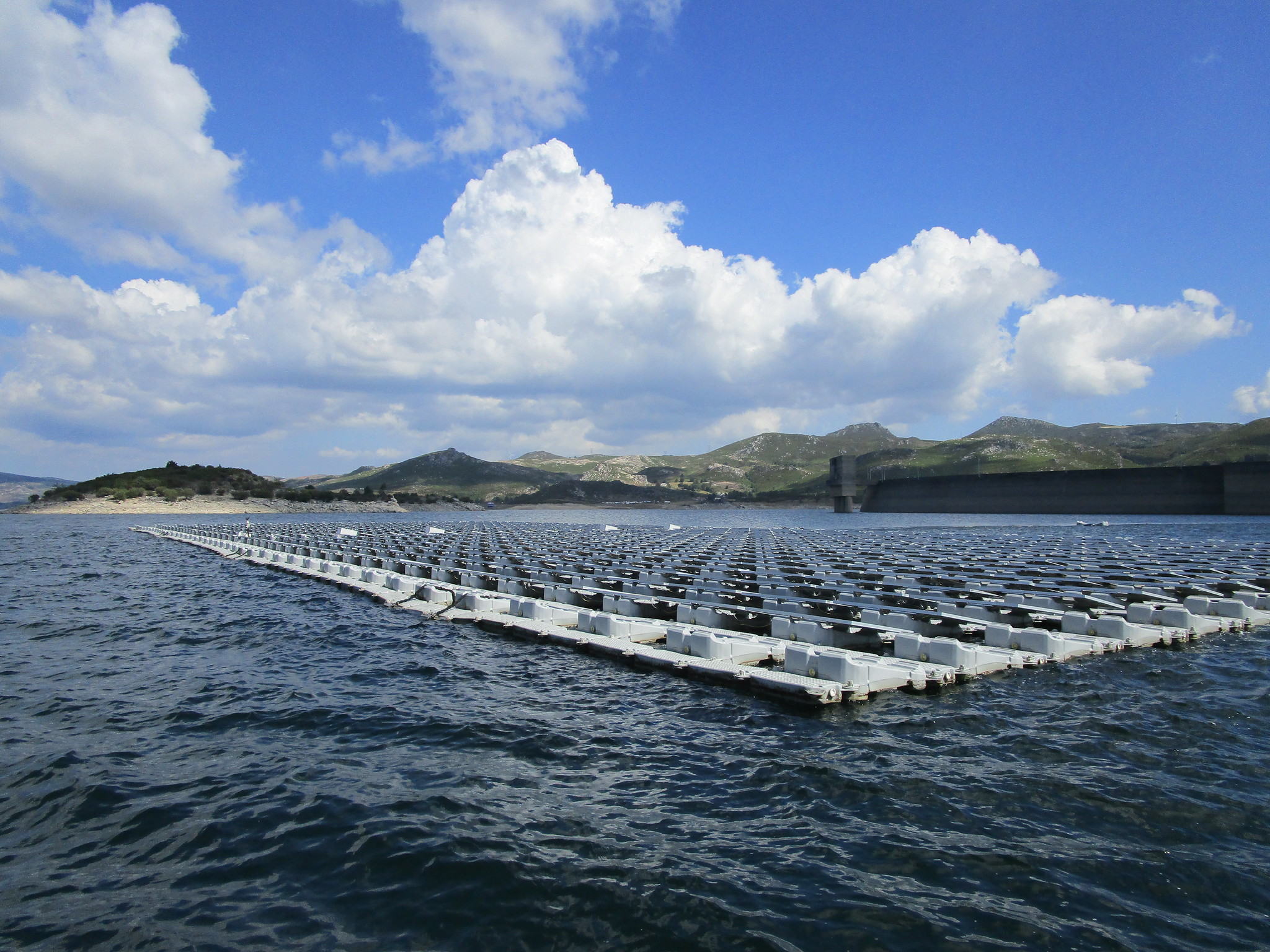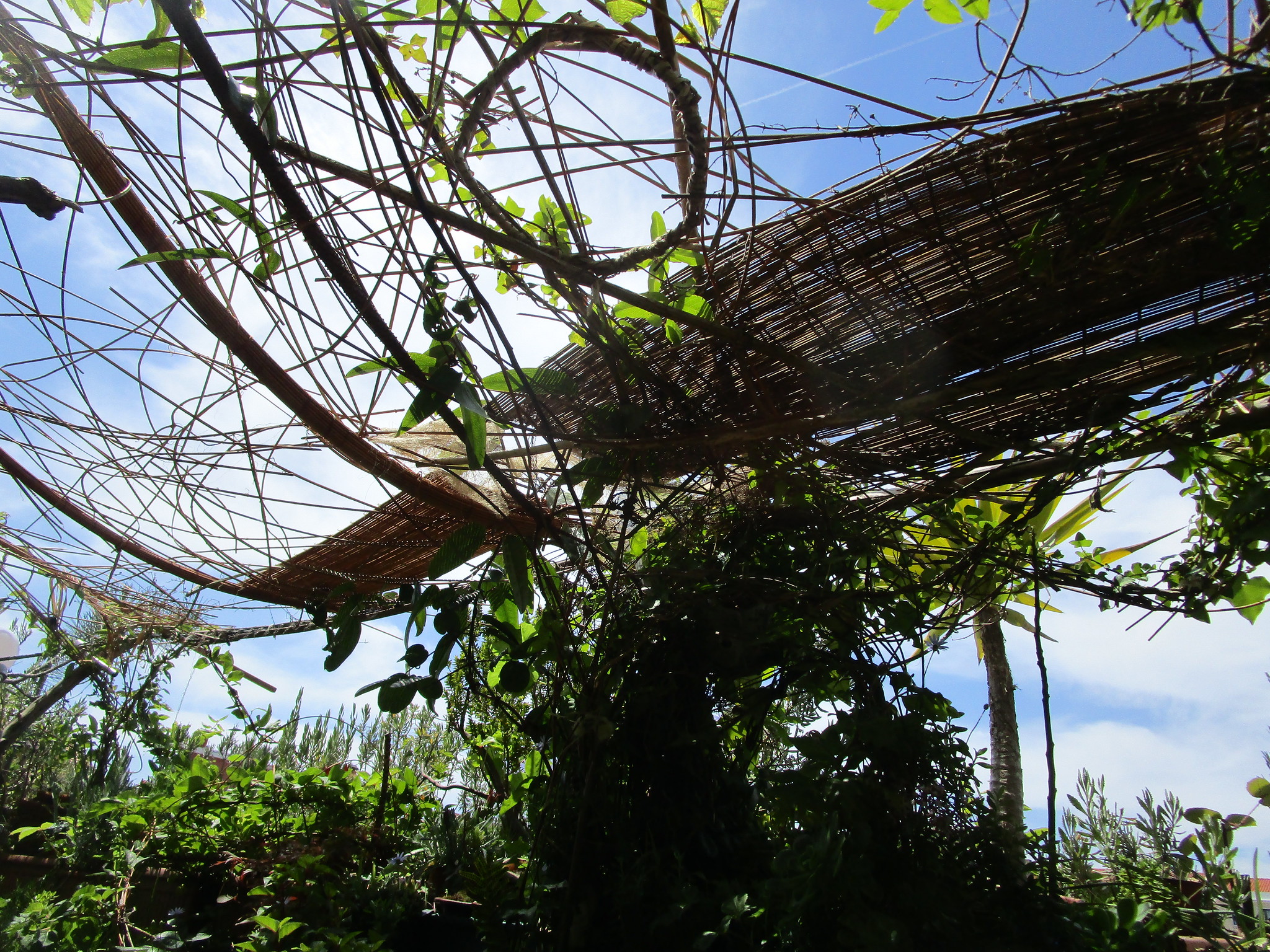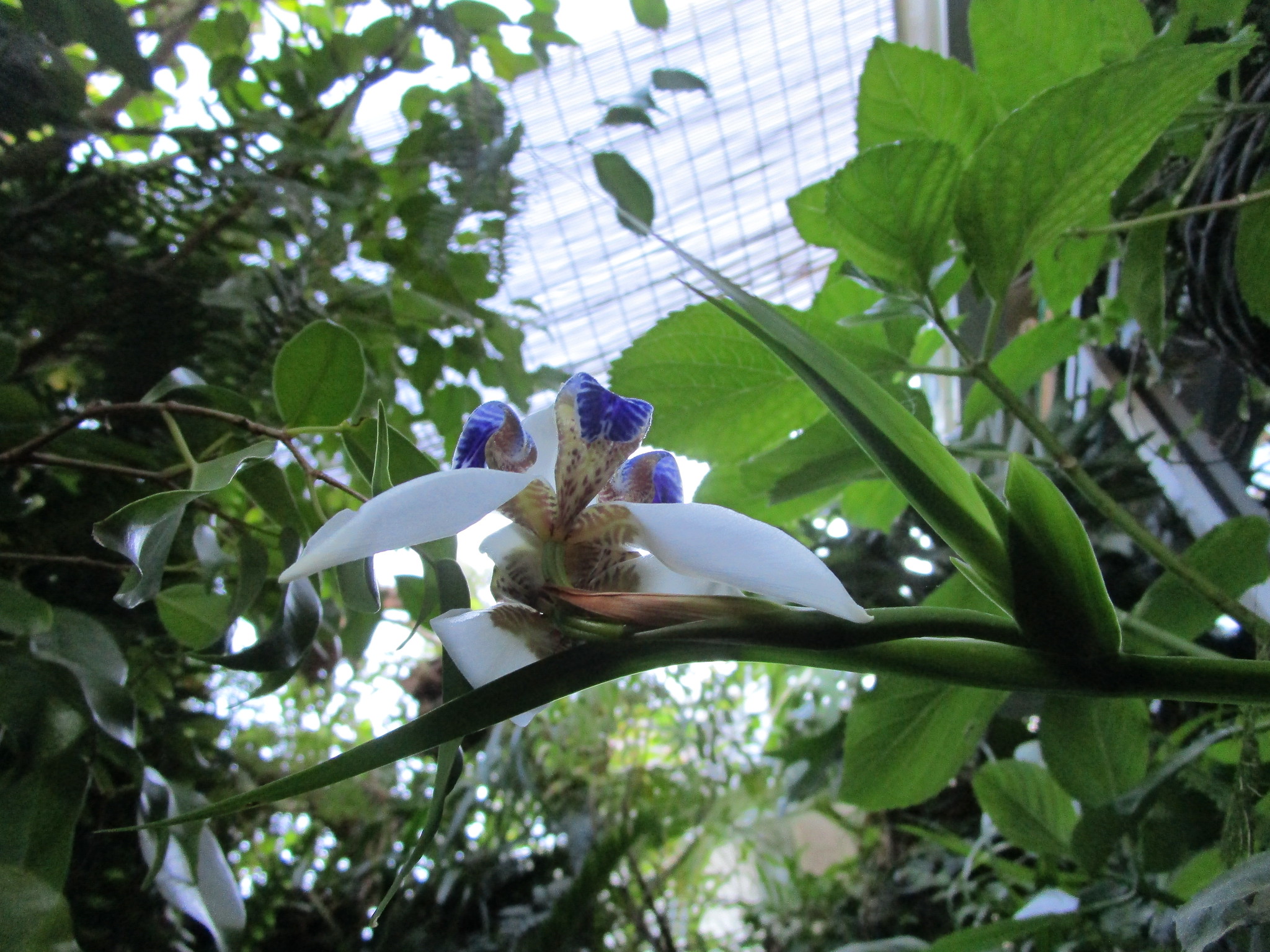"(...) any knowledge we have is dependent on the technology, circumstances, situations, and actions from which it was constructed. (...) knowing, doing, feeling, and making sense are inseparable. Pragmatism is a practical, consequential philosophy, a practice that is concerned with imagining and enriching as much as understanding. The test it sets itself is to improve things."John McCarthy & Peter Wright, 2004. Technology as experience. London, MIT Press. Image by Monica Pinheiro, license CC BY-NC-SA (CC)

"More than conversation at the interface, it is creative assemblages like these that explore and elaborate the particular dynamic capacities that digital media afford and the ways that through them humans and machines can perform interesting new effects (...) in uniquely particular ways." Lucy Suchman (2009). Human-machine reconfigurations: plans and situated actions.
Aug 19, 2019
Improve
by
Monica Pinheiro
0
comments
 Labels:
books,
circumstances,
experience,
improvement,
knowledge,
layers of dependency,
Nature,
practice,
pragmatism,
technology
Labels:
books,
circumstances,
experience,
improvement,
knowledge,
layers of dependency,
Nature,
practice,
pragmatism,
technology
Aug 3, 2019
Painting with Nature
"(...) it was nature herself who created the shapes and patterns (...) without the need for pruning shears; branches feathered down or twisted towards the sun; some trees grew so bushy that they were green barriers, while others were as delicate as ornamental lattice-work against the sky. (...) It was like painting with trees. The different hues of leaves, Miller said, should be like 'Lights and Shades in Pictures', while Collison described the way in which Petre used a tree's foliage, its texture, bark, height and shape, as his 'living pencils'." Andrea Wulf, 2009. The Brother Gardeners. Image by Monica Pinheiro, license CC BY-NC-SA (CC)
Jul 20, 2019
Jul 18, 2019
July

"Infrastructure is both relational and ecological—it means different things to different groups and it is part of the balance of action, tools, and the built environment, inseparable from them. (...) to understand the interplay of online and offline behavior (...) include studying the design of infrastructure, understanding the paradoxes of infrastructure as both transparent and opaque, including invisible work in the ecological analysis, and pinpointing the epistemological status of indicators." Susan Leigh Star, 1999. The Ethnography of Infrastructure. American Behavioral Scientists, 43(3), pp 377-391. Image by Monica Pinheiro, license CC BY-NC-SA (CC)
Jul 13, 2019
July
There is a small forest in the city "(...) that has a shade of green for every possible felicitation of light;" Zadie Smith, 2006. On Beauty. Penguin Books. Image by Monica Pinheiro, license CC BY-NC-SA (CC)
Jun 29, 2019
June

“An organism tends to act upon the world in a mediated way. It actively converts (sensory) data into information and then constructively processes this information to manage its interactions with the world. (…) In humans, it evolves the unique capacity to gather, store, and retrieve, exchange, integrate, and update, use and indeed misuse semantic information acquired by other people, including past generations.” Luciano Floridi, 2010. Information: a very short introduction. Oxford University Press.
Image by Monica Pinheiro, license CC BY-NC-SA (CC)
Jun 26, 2019
June
This plant (agapanthus) is producing flowers with more than the habitual 6 petals. In the photo you can see a flower with 10 petals. Other flowers with 8 and the usual 6. Image by Monica Pinheiro, license CC BY-NC-SA (CC)
Jun 21, 2019
Jun 19, 2019
June
"Without me having to lift a finger, or calling for help, I know that the images belong to me, the owner of the body within which that mind is being fabricated, as I write, the owner of the living organism that I inhabit." Antonio Damasio, 2019. The strange order of things. Vintage Books Edition. Image by Monica Pinheiro, license CC BY-NC-SA (CC)
Jun 13, 2019
Lightning speed
"(...) when workers in dirty sectors are offered good jobs in clean sectors (...), and are enlisted as active participants in a green transition, then progress can happen at lightning speed." Naomi Klein, 2015. This Changes Everything. Penguin books. Image by Monica Pinheiro, license CC BY-NC-SA (CC)
by
Monica Pinheiro
1 comments
 Labels:
books,
climate change,
energy,
greenjobs,
participants,
transitions,
work changes,
workers
Labels:
books,
climate change,
energy,
greenjobs,
participants,
transitions,
work changes,
workers
May 26, 2019
Behaviours
"To the extent people prioritize values and goals such as achievement, money, power, status and image, they tend to hold more negative attitudes towards the environment, are less likely to engage in positive environmental behaviours, and are more likely to use natural resources unsustainably." Tim Cromptron & Tim Kasser, 2009. Meeting Environmental Challenges: The Role of Human Identity. Image by Monica Pinheiro, license CC BY-NC-SA (CC)
May 15, 2019
Flourishing
«Homeostasis refers to the fundamental set of operations at the core of life, (...) is the powerful, unthought, unspoken imperative, whose discharge implies, for every living organism, small or large, nothing less than enduring and prevailing. (...) The part (...) that concerns "enduring" (...) produces survival and is taken for granted without any specific reference or reverence whenever the evolution of any organism or species is considered. The part of homeostasis that concerns "prevailing" (...) ensures that life is regulated within a range that is not just compatible with survival but also conductive to flourishing, to a projection of life into the future of an organism or a species.» Antonio Damasio, 2019. The Strange Order of Things. Vintage Books. Image by Monica Pinheiro, license CC BY-NC-SA (CC)
by
Monica Pinheiro
0
comments
 Labels:
1 day flower,
bloom,
books,
define,
enduring,
garden,
homeostasis,
life,
May,
prevailing
Labels:
1 day flower,
bloom,
books,
define,
enduring,
garden,
homeostasis,
life,
May,
prevailing
May 10, 2019
May

"Cyberstalking is the use of the Internet or other electronic means to stalk or harass an individual, group, or organization. Cyberstalking is often accompanied by realtime or offline stalking. (...) motivated by a desire to control, intimidate or influence a victim. A stalker may be an online stranger or a person whom the target knows. (...)
Cyberstalking is a technologically-based "attack" on one person who has been targeted specifically for that attack for reasons of anger, revenge or control.
(...) Mental profiling of digital criminals has identified psychological and social factors that motivate stalkers as: envy; pathological obsession (professional or sexual); unemployment or failure with own job or life; intention to intimidate and cause others to feel inferior; the stalker is delusional and believes he/she "knows" the target; the stalker wants to instill fear in a person to justify his/her status; belief they can get away with it (anonymity); intimidation for financial advantage or business competition; revenge over perceived or imagined rejection.
(...)
the general profile of the harasser is cold, with little or no respect for others. The stalker is a predator who can wait patiently until vulnerable victims appear, such as women or children, or may enjoy pursuing a particular person, whether personally familiar to them or unknownn" Wikipedia: cyberstalking. Image by Monica Pinheiro, license CC BY-NC-SA (CC)
2021 11 23 Note: Em PT, ver 20 anos de Convenção sobre o cibercrime.
by
Monica Pinheiro
0
comments
 Labels:
cyberstalking,
define,
invisible crimes,
perpetrators,
profile,
stalking,
technology readiness
Labels:
cyberstalking,
define,
invisible crimes,
perpetrators,
profile,
stalking,
technology readiness
May 6, 2019
May

"Focus on enjoying your dayly rituals, using them as tools to enter a state of flow. Don't worry about the outcome - it will come naturally. Happiness is in the doing, not in the result." Héctor Garcia and Francesc Miralles, 2017. Ikigai. Penguin. Image by Monica Pinheiro, license CC BY-NC-SA (CC)
May 5, 2019
mother nature
Image by Monica Pinheiro, license CC BY-NC-SA (CC)
Apr 12, 2019
Subscribe to:
Comments (Atom)











